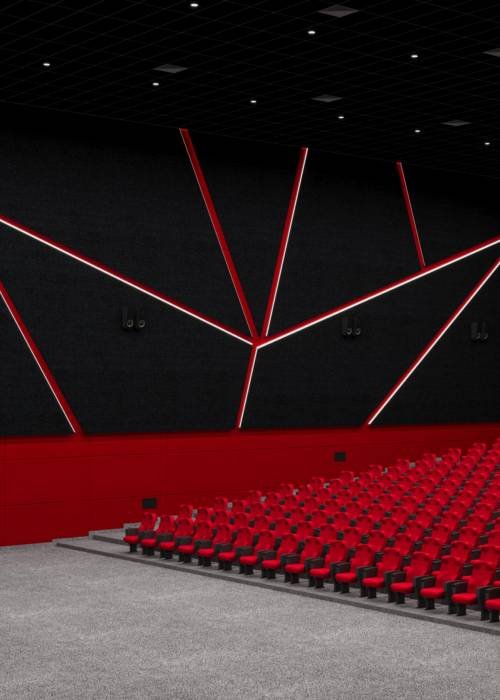Acoustic boards help lessen undesirable reflected sound in any room...
Glass Wool has become a popular insulating material due to the growing demand for environmental protection in buildings. Environmental protection has emerged as the world’s most pressing problem. The earth’s ecology has been severely impacted by global warming and waste accumulation. The term “green building” was coined as a result. Green construction refers to a structure that is ecologically friendly in every way, including the materials used, the construction process, and waste management. It’s a popular building trend that’s also good for the environment. Building insulation may help reduce energy loss during heating and cooling, as well as make recycling materials easier and more convenient. Because the glass wool insulation layer is made from natural materials and does not pollute the environment, it is a popular insulation choice among homeowners.


Acoustic boards help lessen undesirable reflected sound in any room...
Acoustic boards help lessen undesirable reflected sound in any room...
Acoustic boards help lessen undesirable reflected sound in any room...
WhatsApp us